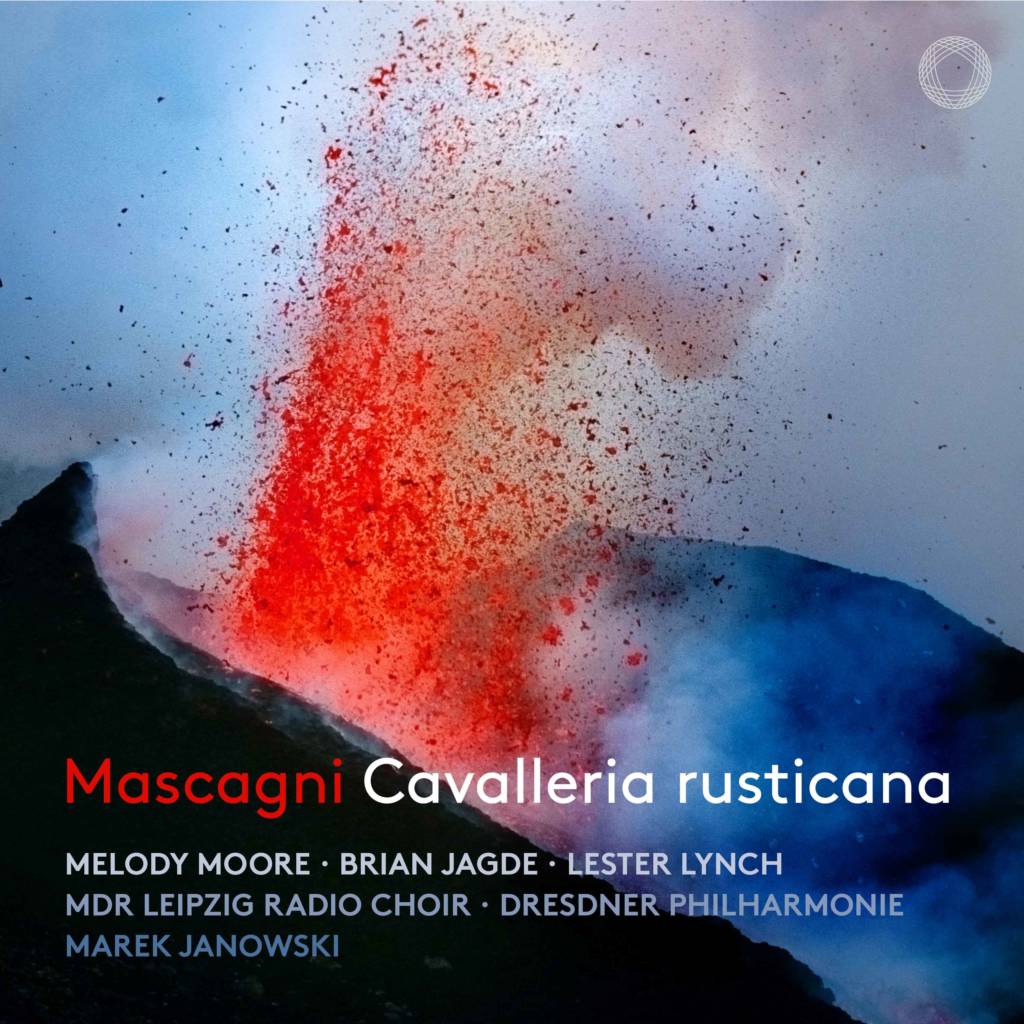BACH CELLO SUITES – Alisa Weilerstein
Summit of the Cello Repertoire

After her acclaimed PENTATONE debut with Transfigured Night, Alisa Weilerstein returns with a complete recording of Bach’s Cello Suites. These pieces present the highest mountain to climb for any cellist, and one of the most transcendent and rewarding experiences for listeners alike. With his suites, Bach crafted — essentially without direct precedent — a body of solo cello music that forever defined the genre and brought the Baroque cello on par with its more popular cousin, the viola da gamba. Since Pablo Casals put them in the limelight again after 150 years of relative oblivion, Bach’s suites have become the alpha and omega for generations of cellists. To Weilerstein, the joy of this music — vibrant, contemporary, unquestionably alive — is the joy of discovery. Having heard and studied these pieces for years, she now entrusts her interpretation to the listener.
Since signing an exclusive contract with PENTATONE, Alisa Weilerstein has released Transfigured Night (2018), and featured on Inon Barnatan’s Beethoven Piano Concertos Part 1 as well as Old Souls, an album with music for flute and strings (both released in 2019).
“The Bach cello suites present the player with infinite possibilities. Each note, each phrase, carries abundant varieties of expression and musical nuance. The suites are too rich with ideas, too full of subtleties, and too dense with the burden of history for any particular interpretation to be exhaustive, any particular choice definitive. All great pieces of music carry with them this sense of contradiction — they must be played, yet they can’t be played. Every expressive gesture both realizes and limits the intentions of the composer.
With their delicacy and nakedness, their strength and restraint, the cello suites present a unique and humbling challenge. After many years telling family, friends, and myself that I would attempt a recording only when I was much older, I decided that what had seemed like prudence was, in fact, a misunderstanding of the suites’ nature. The intrinsic impossibility of this music is the very source of its freedom.” – Alisa Weilerstein
MASCAGNI: CAVALLERIA RUSTICANA– Melody Moore, Lester Lynch, Brian Jagde, Dresdner Philharmonie, MDR Rundfunkchor Leipzig and Marek Janowski
A Symphonic Approach to Verismo

Marek Janowski and the Dresdner Philharmonie present a new recording of Mascagni’s Cavalleria rusticana, the verismo opera par excellence. Mascagni’s debut opera turned him into an overnight world star and continues to captivate listeners today. Even if the depiction of simple village folk and the direct emotional appeal of Cavalleria rusticana were initially greeted as a welcome alternative to the gods, intellectual pretences and dense orchestral textures of Wagner, Mascagni’s score in fact has many more symphonic qualities than is usually acknowledged. Marek Janowski, a champion of Wagnerian opera and German symphonic music, is the ideal candidate to demonstrate those qualities. He does this together with the Dresdner Philharmonie, the MDR Leipzig Radio Choir and a cast of outstanding vocal soloists, including Melody Moore as Santuzza, Brian Jagde as Turridu and Lester Lynch in the role of Alfio.
Marek Janowski is one of the most celebrated conductors of our times and enjoys a vast PENTATONE discography including a recent recording of Weber’s Der Freischütz (2019) with the MDR Leipzig Radio Choir. This recording is the first in a series with the Dresdner Philharmonie, where Janowski currently serves as chief conductor. Melody Moore and Lester Lynch both have been featured on several PENTATONE releases, including Verdi’s Otello (2017). Brian Jagde is one of today’s rising opera tenor stars and makes his PENTATONE debut.
KALEIDOSCOPE: BEETHOVEN TRANSCRIPTIONS – Mari Kodama
Beethoven Through the Lens of Other Great Composers

After her acclaimed complete recording of Beethoven’s piano sonatas, Mari Kodama returns with a programme consisting of Beethoven string quartets transcribed for piano by Saint-Saëns, Mussorgsky and Balakirev, as well as Beethoven’s variations on the finale of Mozart’s Clarinet Quintet. Most pieces are recorded for the first time. Kaleidoscope is designed as a homage, considering and experiencing Beethoven through the lens of other great composers.
Mari Kodama is one of the most extraordinary pianists of our age, and has an impressive PENTATONE discography, featuring Beethoven’s Complete Piano Sonatas (2003-2014), Piano Concertos of Loewe and Chopin (2003), Tchaikovsky Ballet Suites for Piano Duo (2016), De Falla’s Nights in the Gardens of Spain (2017) and Martinů’s Concert for Two Pianos (2018).
“… studying piano transcriptions of famous Beethoven string quartet movements written by such great composers as Camille Saint-Saëns, Modest Mussorgsky and Mily Balakirev enables me to find a new approach to Beethoven and his music in two ways. Firstly, parts of his late works can now be played by me, which allows me to understand them differently. And secondly, I can now follow the tracks of others who have been searching for the same thing as me: to get closer to Beethoven in order to understand him more fully. Performing these transcriptions for piano, which are actually not transcriptions but arrangements or, rather, ‘poetic adaptations’, allows me to learn how these three composers understand Beethoven, how they work out precisely what seems to them to be the essence of Beethoven’s string music, how they make his music their own with the help of their works and thus meet precisely that demand of obstinacy that Beethoven constantly makes for all of us. It feels to me that playing these adaptations of individual movements gives me the opportunity to ask, even if not directly to Beethoven himself, then at least to Saint-Saëns, Mussorgsky or Balakirev, about their view of Beethoven. Their impressions, as expressed in the transcriptions, will undoubtedly take me further, just as they will hopefully give you a further, deeper or at least new understanding of Beethoven.” – Mari Kodama




